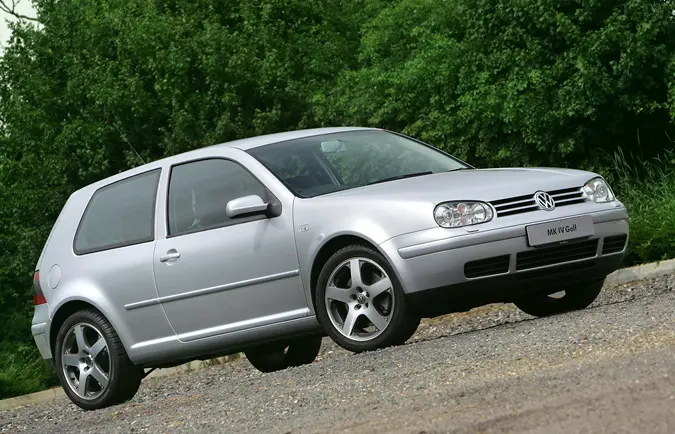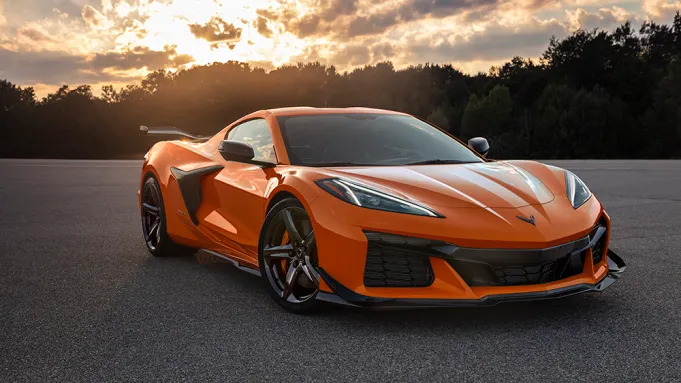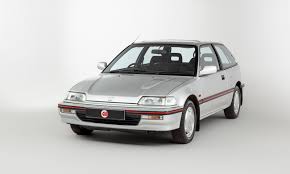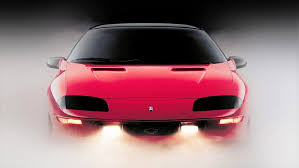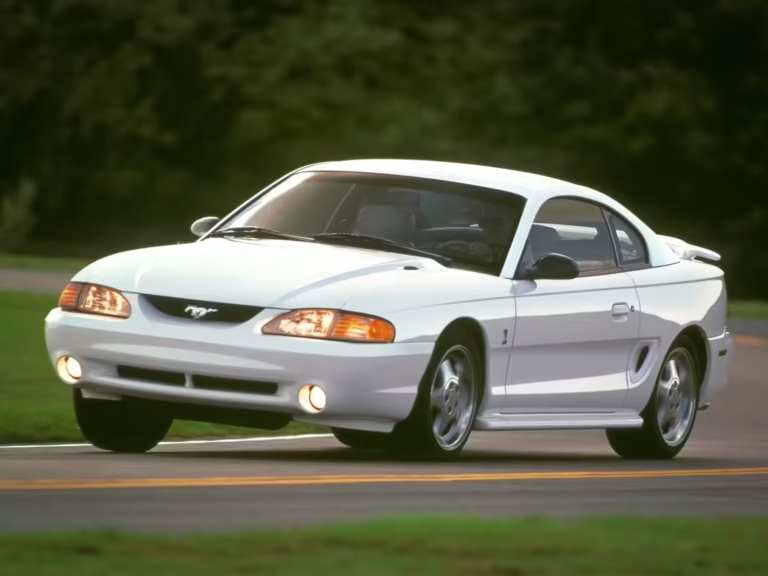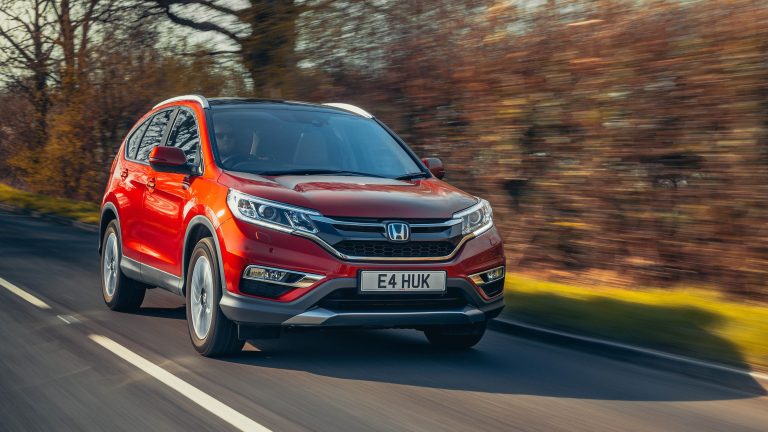Volkswagen Golf Mk4 (1997–2004) – From Daily Comfort to the Powerful R32, the VW Golf Mk4 Remains a Hatchback Legend
The Volkswagen Golf Mk4 (1997–2004) marked a turning point in the history of the Golf lineup. With its refined design, solid build quality, and wide range of engine options, the Mk4 quickly became one of the most successful hatchbacks of its time. From economical daily drivers to the legendary R32, this generation of Golf cemented itself as a versatile and enduring choice. In this article, we’ll explore the Golf Mk4’s specs, reliability, performance, and value to understand why it remains a hatchback legend even today.
Specs of the Volkswagen Golf Mk4
The Golf Mk4 came in various trims, catering to different driving preferences and budgets. Its rounded, modern design set a new standard in the late 1990s, while its versatile engine range appealed to both efficiency seekers and performance enthusiasts.
- Engines: The lineup included small 1.4-liter petrol engines, efficient TDI diesels, and powerful options like the 1.8T turbocharged petrol with up to 180 horsepower. The highlight was the 3.2-liter VR6 in the Golf R32, producing 237 horsepower and offering all-wheel drive.
- Transmissions: Buyers could choose between 5-speed and 6-speed manuals, along with a 4-speed automatic or Volkswagen’s newly introduced DSG dual-clutch transmission in the R32.
- Dimensions: The Mk4 was slightly larger than its predecessor, offering more interior space while retaining its compact hatchback practicality.
- Suspension: A front MacPherson strut and rear torsion beam setup provided a good balance between comfort and stability.
The broad range of specifications made the Mk4 an accessible car for almost anyone, from first-time buyers to driving enthusiasts.
Reliability of the Volkswagen Golf Mk4
When it comes to reliability, the Golf Mk4 has a mixed reputation. On one hand, its solid German engineering and build quality meant that many cars have survived for decades. Owners often praised the durability of the body and interior materials, which felt premium compared to other hatchbacks of the time.
On the other hand, some of the more advanced engines and electronics could be temperamental. The 1.8T and VR6 engines were known for strong performance but required consistent maintenance to avoid costly repairs. Meanwhile, the TDI diesel models were generally reliable, often lasting well over 200,000 miles with proper care.
Overall, reliability largely depended on how well the car was maintained. A well-serviced Golf Mk4 is still a dependable daily driver, but neglect can lead to common issues with sensors, electrical systems, and cooling components.
Performance of the Volkswagen Golf Mk4
The Golf Mk4’s performance varied widely depending on the engine choice. The smaller petrol and diesel engines were designed for fuel economy, offering smooth but modest driving experiences ideal for commuting. The 1.9 TDI, in particular, became famous for its torque, making it a favorite among long-distance drivers.
For enthusiasts, the 1.8T turbo models offered exciting performance with strong tuning potential. These engines could easily be modified to produce much higher power figures, making them popular in the tuning scene.
At the top of the range was the Golf R32, introduced in 2002. With its 3.2-liter VR6 engine, 0–60 mph times around 6 seconds, and Haldex-based all-wheel drive system, the R32 transformed the Golf Mk4 into a genuine performance car. It was also the first production car to feature Volkswagen’s DSG transmission, a technology that would go on to shape the brand’s future.
Whether used as a commuter or a hot hatch, the Mk4 offered something for every driver, proving that practicality and performance could coexist in a single package.
Value of the Volkswagen Golf Mk4
In terms of value, the Golf Mk4 has aged remarkably well. When it was new, it was seen as a premium option in the hatchback market, thanks to its refined interior, safety features, and overall build quality. Today, it holds strong appeal in the used car and enthusiast markets.
The more common models, like the 1.6 petrol and 1.9 TDI, remain affordable options for budget-conscious drivers who want a durable and practical hatchback. However, special trims like the GTI Anniversary Edition and the R32 have become collectible, with values steadily climbing.
The R32, in particular, is now considered a classic hot hatch, with enthusiasts seeking out well-maintained examples. Its combination of rarity, performance, and historical significance ensures its value continues to rise.
Even standard models deliver excellent value due to their comfort, practicality, and lasting appeal. With a huge aftermarket community, owners also benefit from easy access to parts, upgrades, and support.
Conclusion
The Volkswagen Golf Mk4 (1997–2004) is more than just another generation in the Golf lineage—it is a symbol of versatility and innovation. With its wide range of specs, decent reliability when maintained, varied performance options, and strong long-term value, the Mk4 continues to stand out in the hatchback world.
From the efficient TDI models to the thrilling R32, the Golf Mk4 proved that one car could meet the needs of many drivers. Decades later, it remains a true hatchback legend, combining daily comfort with timeless performance.
